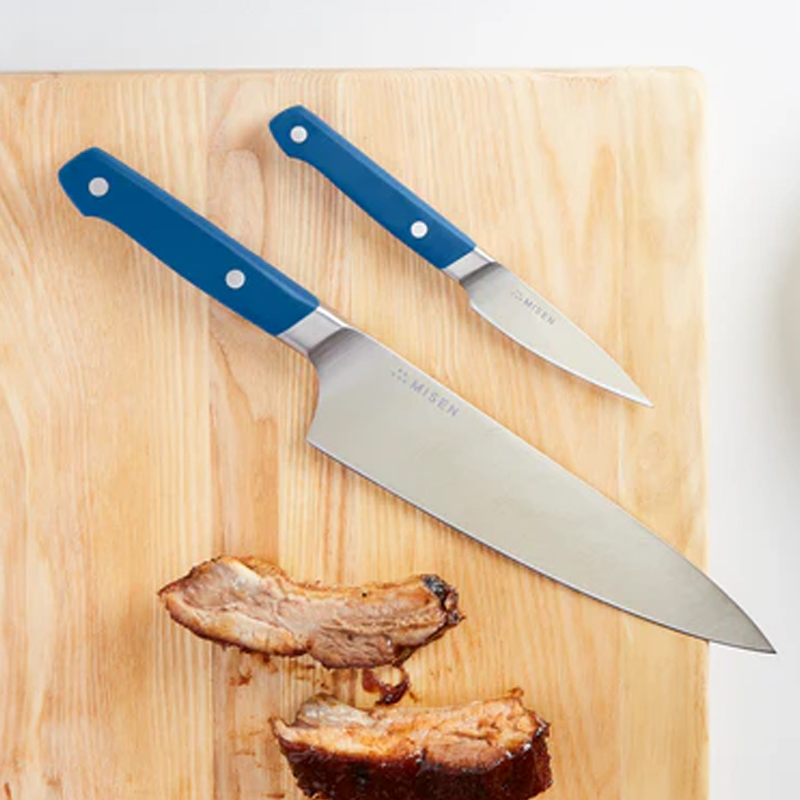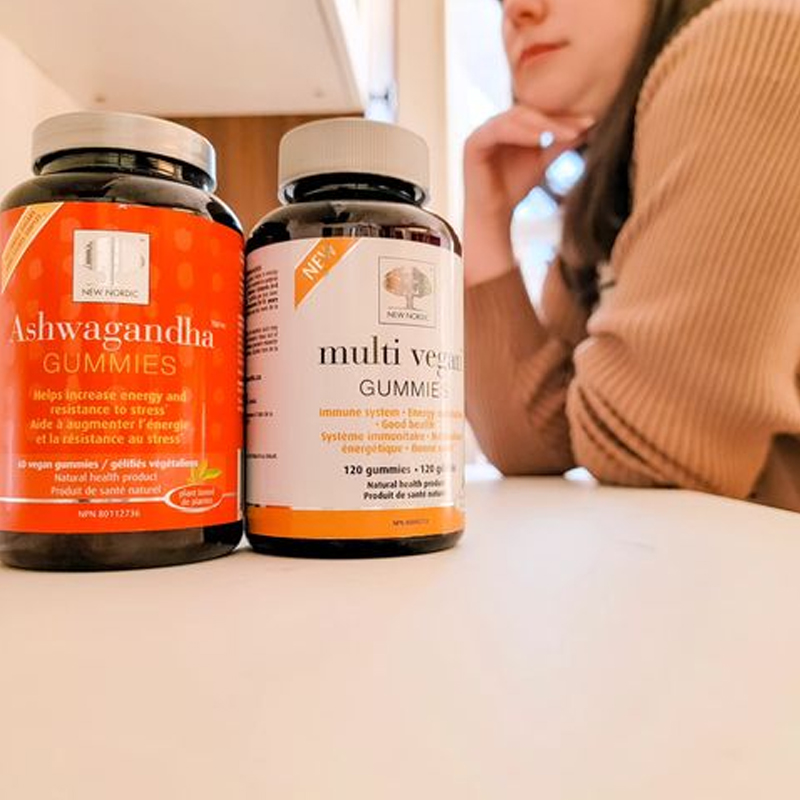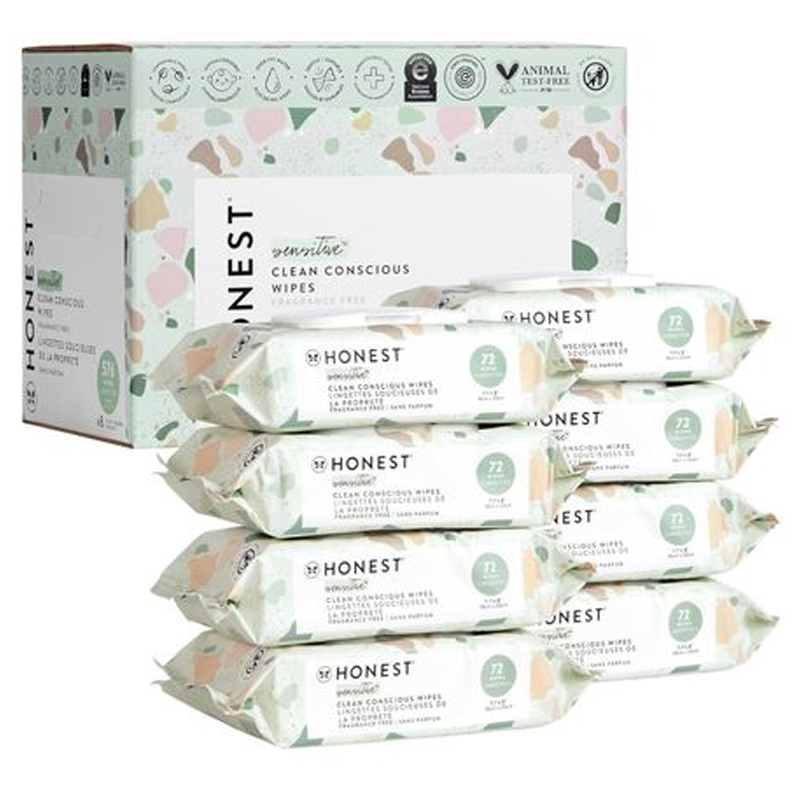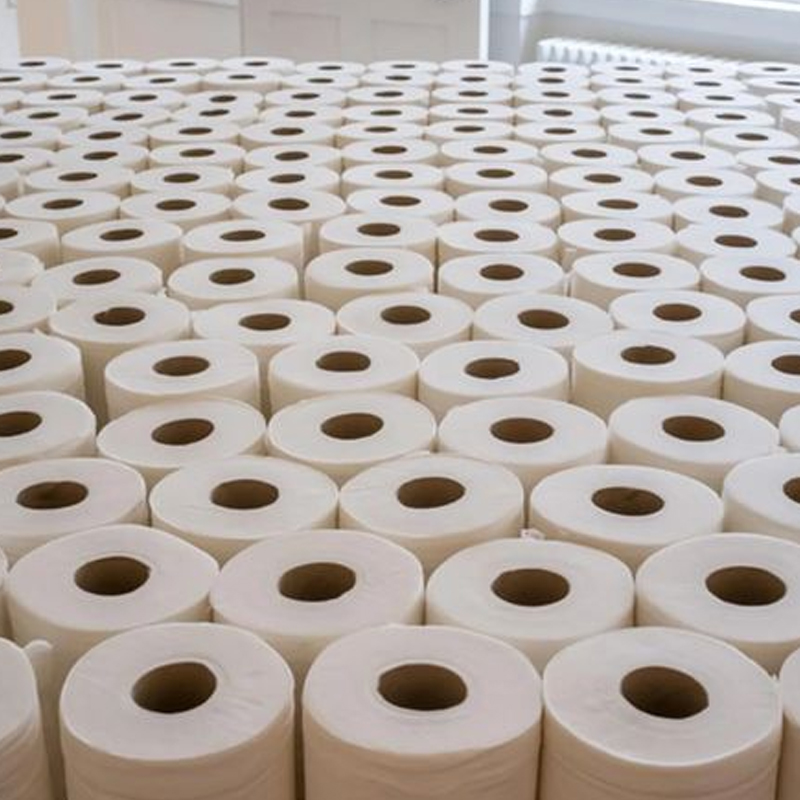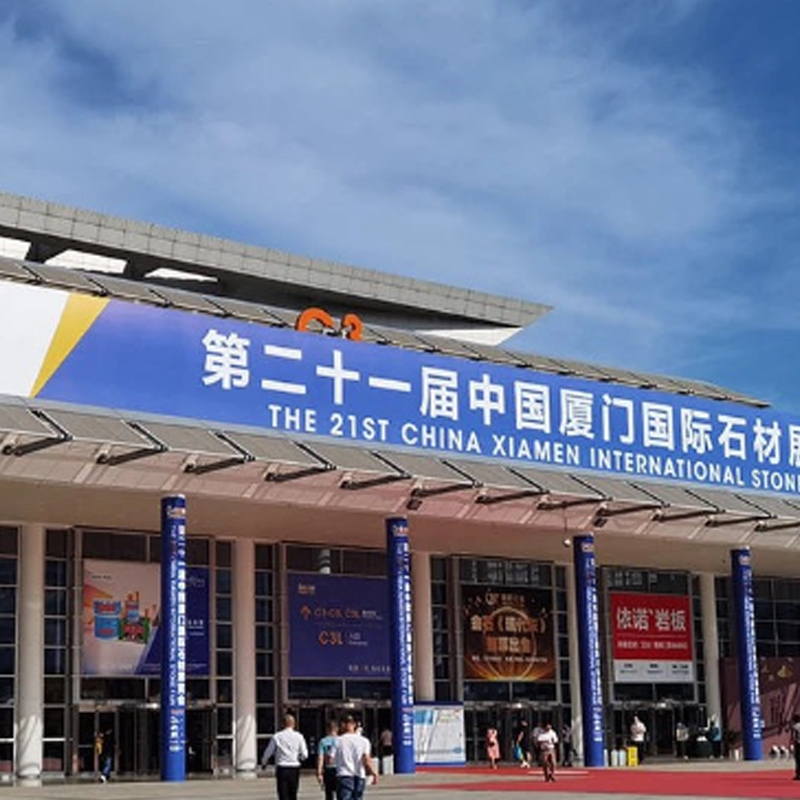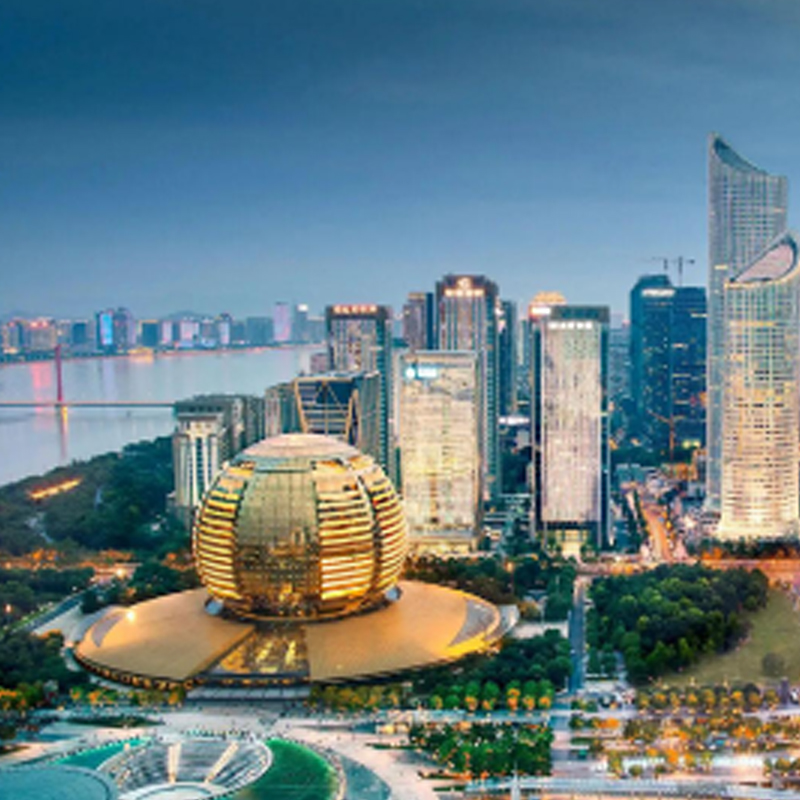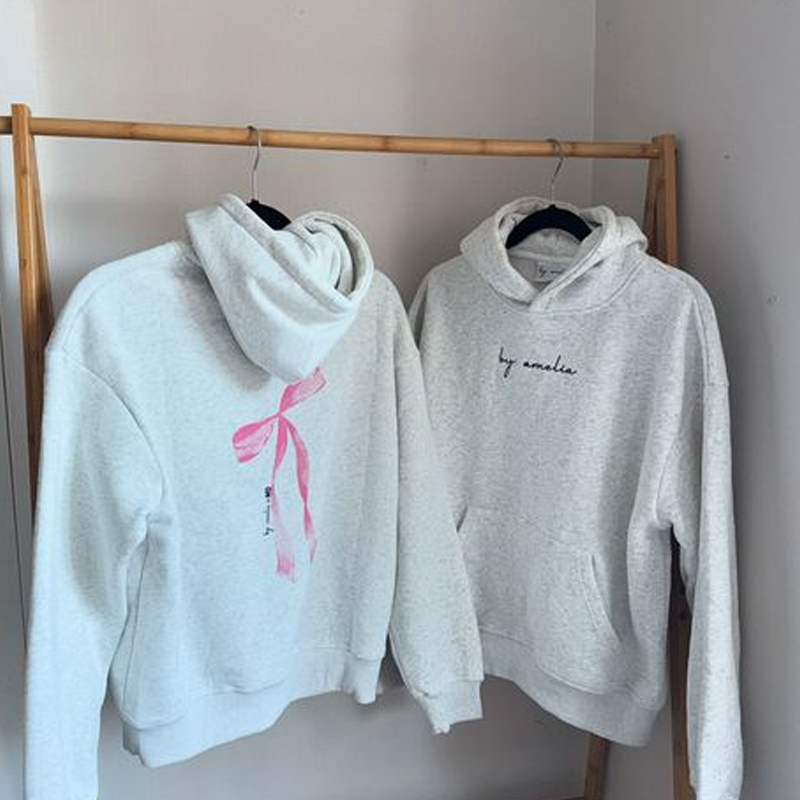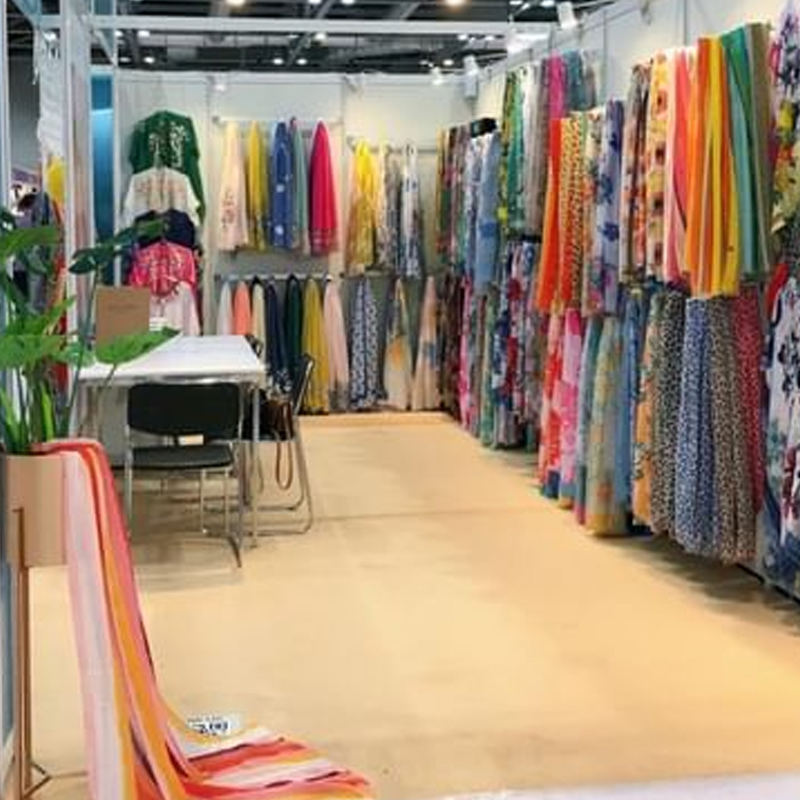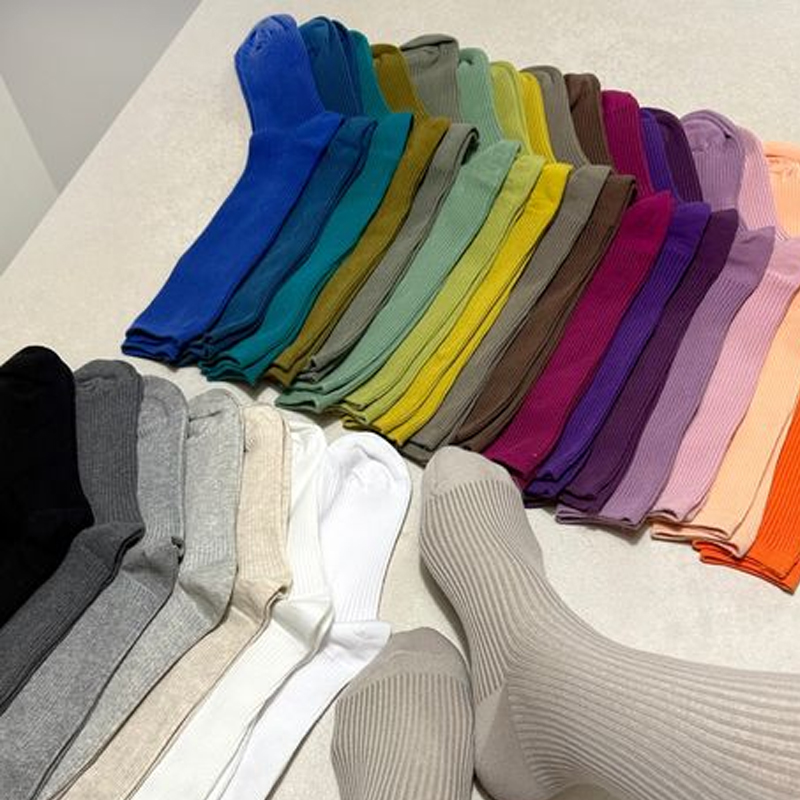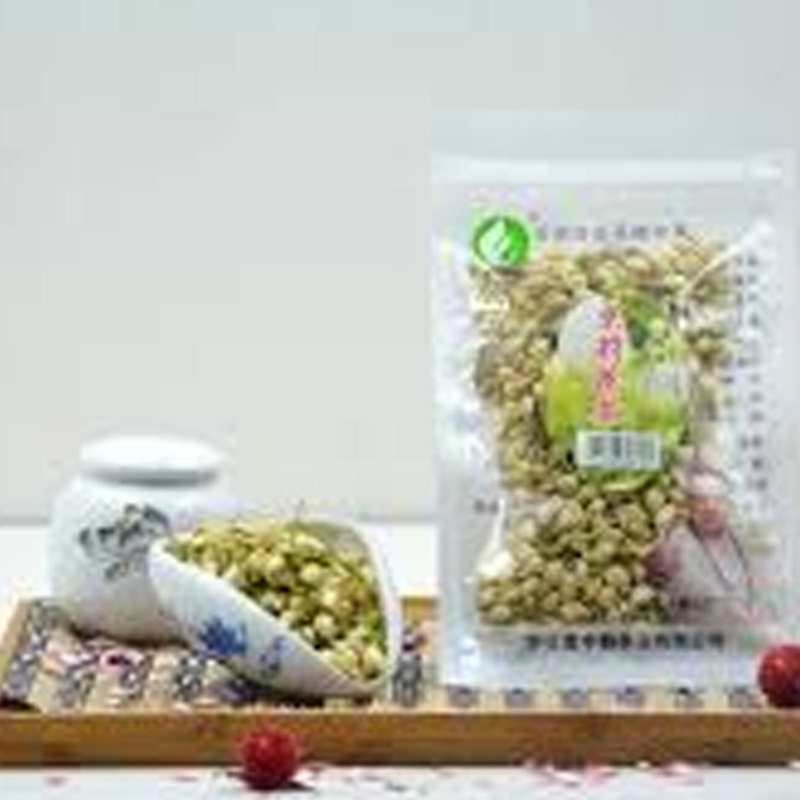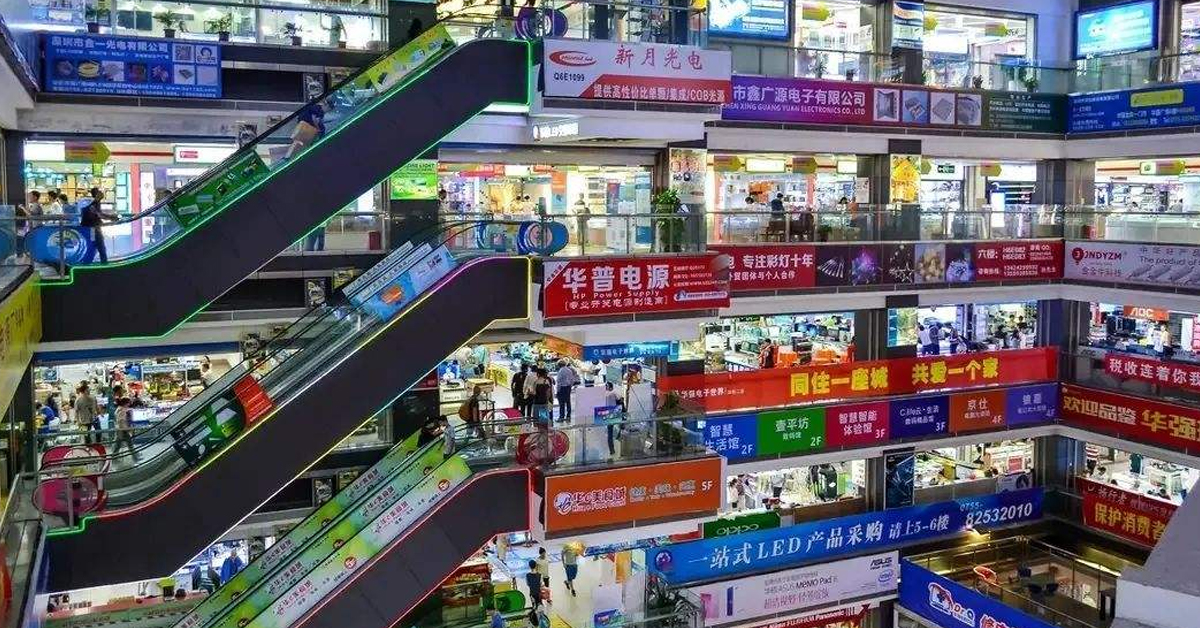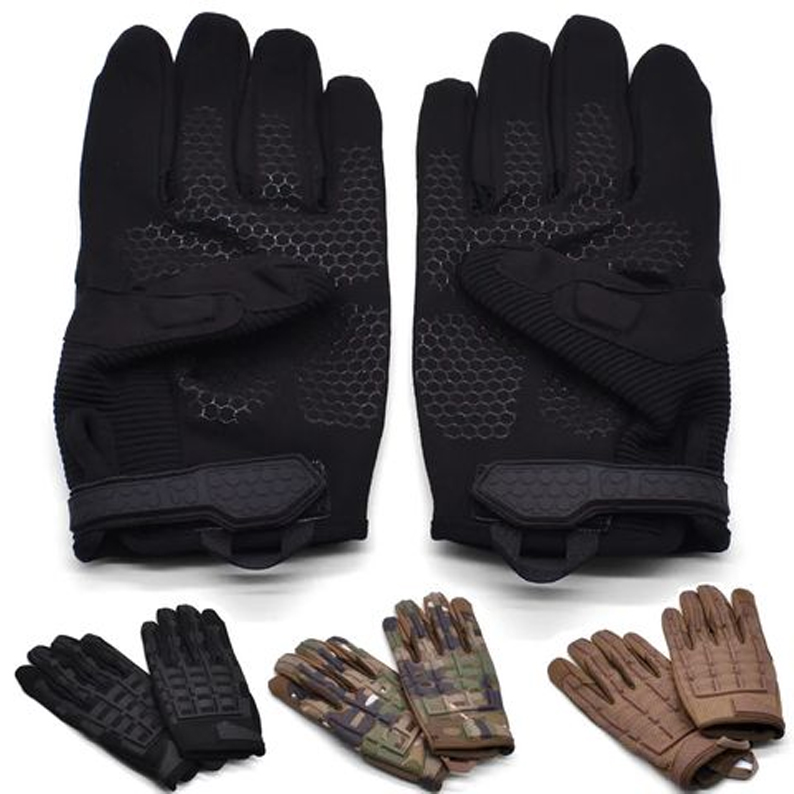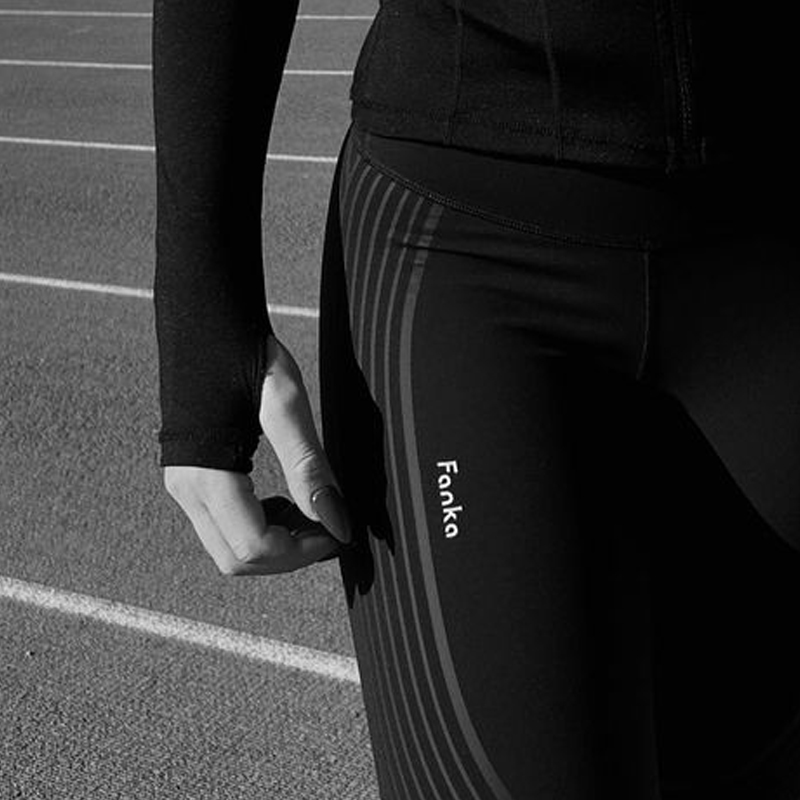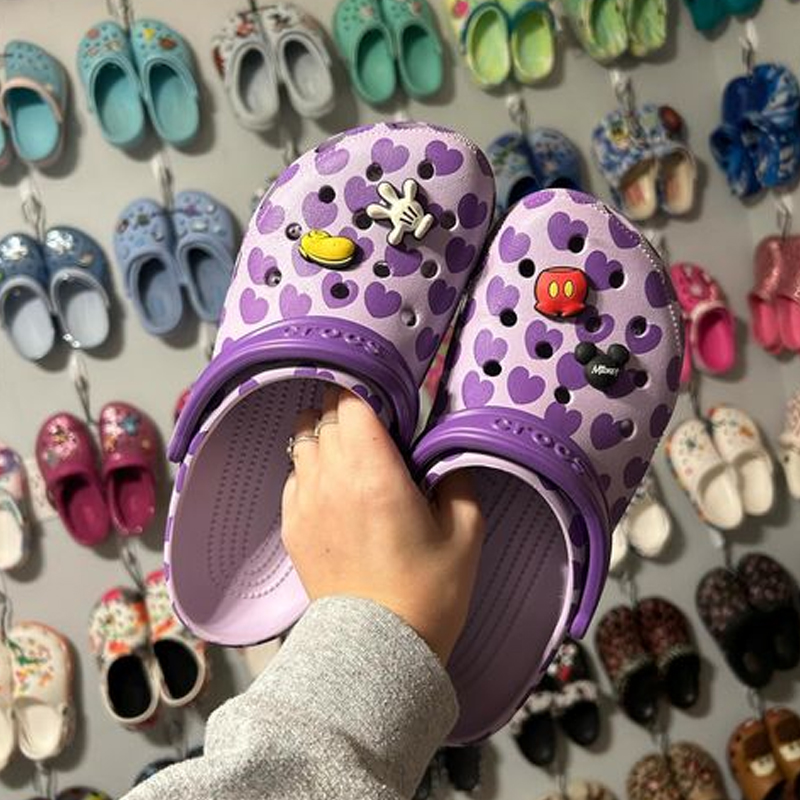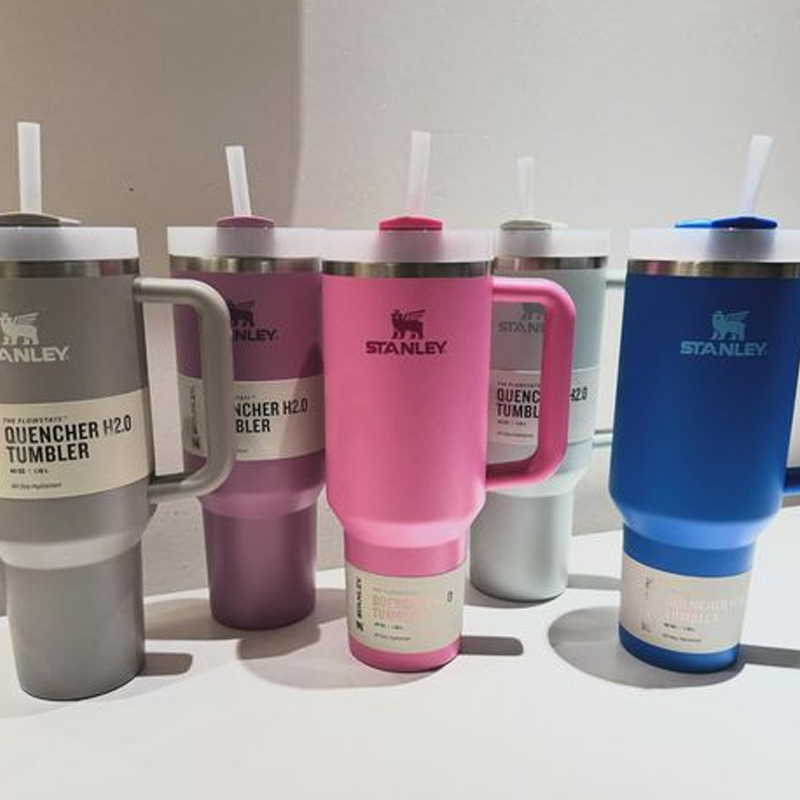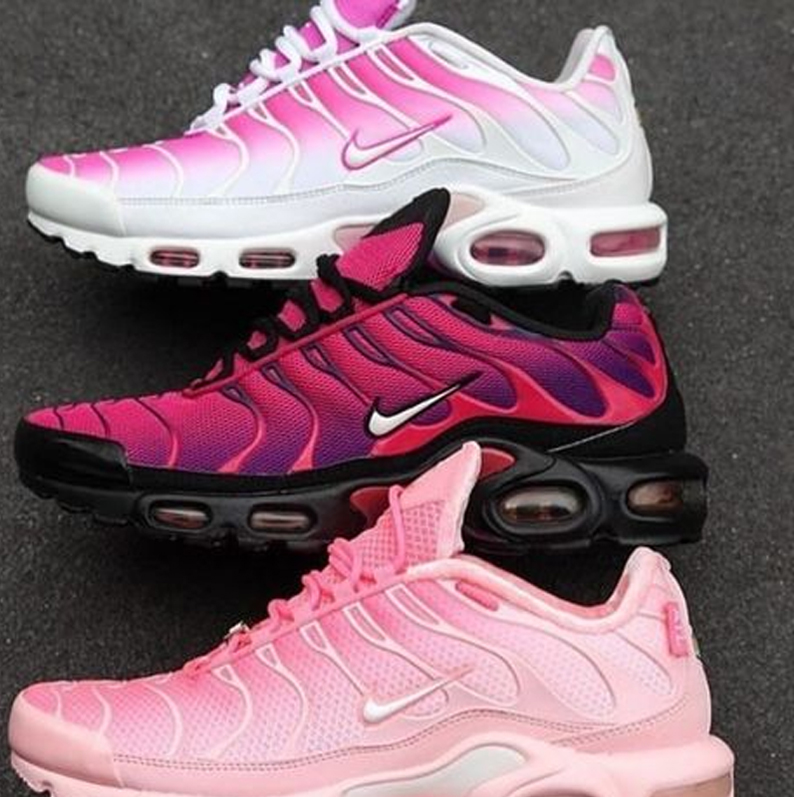Welcome to the enchanting world of Hangzhou’s silk market, where traditional crafts meet modern designs in a bustling hub of textile excellence. This comprehensive guide will take you on a journey through the market’s vibrant sections, revealing insider tips on bulk purchasing, nurturing supplier relationships, and navigating export procedures. Whether you’re a fashion enthusiast or a business owner looking to tap into China’s silk industry, this article is your key to unlocking the secrets of the finest silk in the world.
Key Takeaways: Your Silk Market Adventure Starts Here
- Discover the rich history and cultural significance of Hangzhou’s silk industry
- Learn how to navigate the market’s diverse sections and find the best deals
- Understand the importance of fabric quality and how to assess it
- Explore the blend of traditional crafts and modern designs in silk products
- Master the art of bulk purchasing and building strong supplier relationships
- Get insider tips on custom orders and staying ahead of fashion trends
- Navigate export procedures with confidence
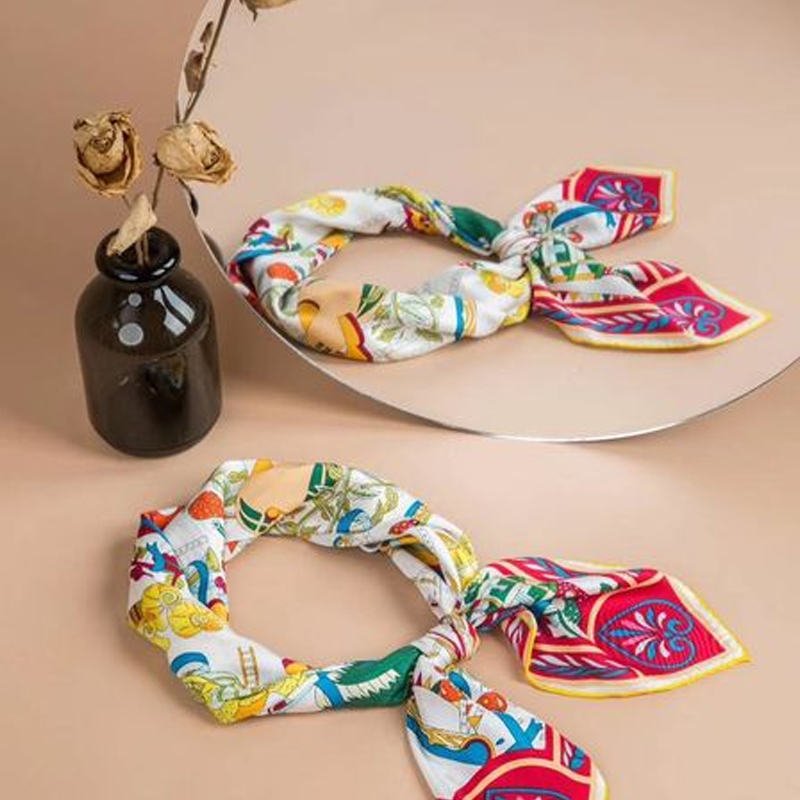
Hangzhou Silk Market Unveiling the Secrets of China’s Finest Silk (1)
What Makes Hangzhou Silk Market a Must-Visit Destination for Silk Enthusiasts?
Hangzhou Silk Market is not just a shopping destination; it’s a cultural experience steeped in centuries of tradition. As you step into this bustling marketplace, you’re immediately enveloped in a world where silk’s cultural significance is palpable in every corner. The market’s rich history dates back to the Song Dynasty, making it a living testament to China’s longstanding silk production legacy.
What sets Hangzhou apart is its unique blend of traditional crafts and modern designs. Here, you’ll find artisans meticulously creating intricate patterns using age-old techniques, alongside contemporary designers pushing the boundaries of silk fashion. This juxtaposition creates a vibrant atmosphere that appeals to both purists and trendsetters alike.
“Hangzhou Silk Market is where tradition and innovation dance in perfect harmony, creating a tapestry of experiences for every visitor.” – Local silk merchant
How to Navigate the Different Market Sections Like a Pro
Navigating the Hangzhou Silk Market can be an adventure in itself. The market is divided into several sections, each specializing in different aspects of silk production and sales. Here’s a quick guide to help you make the most of your visit:
- Raw Silk Section: Where you can find unprocessed silk and learn about the initial stages of silk production.
- Fabric Section: A paradise for those looking to purchase silk by the meter for custom creations.
- Ready-to-Wear Section: Filled with finished garments, from traditional qipaos to modern silk blouses.
- Accessories Section: Discover silk scarves, ties, and other small items perfect for gifts or personal use.
To navigate these sections effectively, consider using a market navigation app or picking up a map at the entrance. Don’t hesitate to ask locals for directions – most are friendly and willing to help, though be prepared for potential language barriers.
The Art of Assessing Fabric Quality: What to Look For
When it comes to silk, quality is paramount. Here are some key factors to consider during your quality inspection:
- Feel: High-quality silk should feel smooth and cool to the touch.
- Sheen: Look for a subtle, natural luster rather than an artificial shine.
- Weight: Good silk has a substantial feel without being heavy.
- Weave: Check for evenness and tightness in the weave.
Remember, different silk types have varying characteristics. Familiarize yourself with popular varieties like mulberry silk, tussah silk, and silk chiffon to make informed decisions.
| Silk Type | Characteristics | Best Used For |
|---|---|---|
| Mulberry Silk | Smooth, strong, uniform in color | Luxury garments, bedding |
| Tussah Silk | Slightly coarser, natural color variations | Casual wear, home decor |
| Silk Chiffon | Lightweight, sheer, flowing | Evening wear, scarves |
Traditional Crafts Meet Modern Designs: The Evolution of Hangzhou Silk
Hangzhou’s silk industry beautifully bridges the gap between traditional craftsmanship and contemporary fashion. Artisans continue to practice ancient techniques like hand embroidery and jacquard weaving, preserving the essence of Chinese silk craftsmanship. However, these traditional methods are now being applied to create modern, fashion-forward designs that appeal to a global audience.
In recent years, there’s been a surge in collaborations between local artisans and international designers, resulting in unique pieces that blend Eastern aesthetics with Western sensibilities. This fusion has not only revitalized the industry but also helped in preserving traditional crafts by making them relevant to modern consumers.
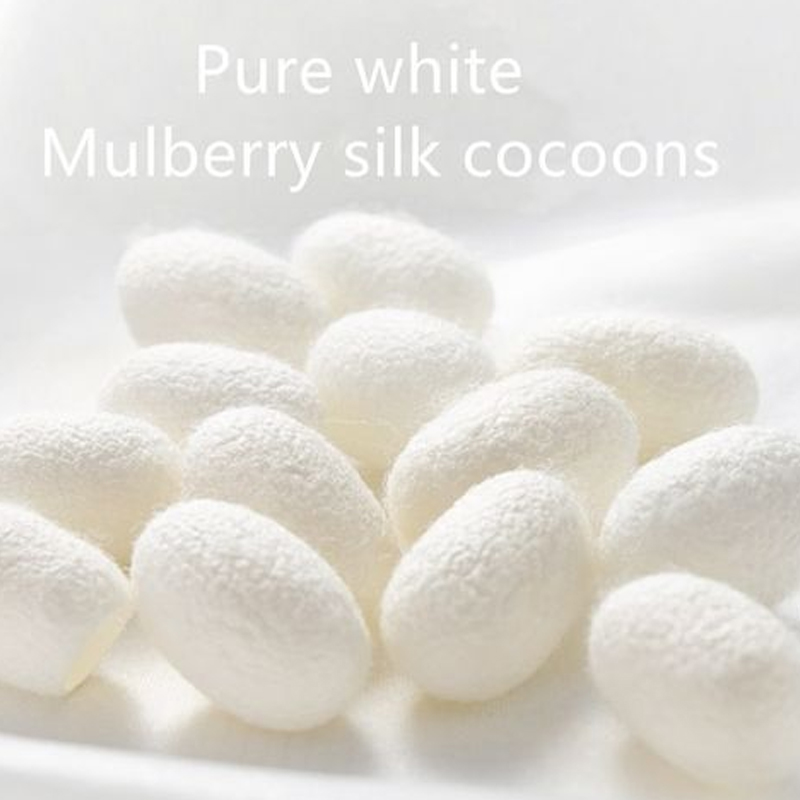
Mastering the Art of Bulk Purchasing: Tips and Tricks
Bulk purchasing can be a game-changer for businesses looking to source silk at competitive prices. Here are some strategies to help you make the most of your wholesale experience:
- Research market prices beforehand to have a benchmark for negotiations.
- Build relationships with multiple suppliers to compare quality and prices.
- Be aware of minimum quantities required for wholesale purchases.
- Consider visiting during off-peak seasons for better deals.
- Don’t be afraid to negotiate – it’s an expected part of the market etiquette.
Remember, successful bulk purchasing is as much about relationship-building as it is about getting the best price. Treat suppliers with respect, and you’ll often find them more willing to offer favorable terms and priority on seasonal collections.
Building Strong Supplier Relationships: The Key to Long-term Success
Developing strong supplier relationships is crucial for anyone serious about entering the silk market. Here are some tips to foster positive connections:
- Communicate clearly and consistently, even if it means using a translator.
- Show genuine interest in their craft and production methods.
- Be reliable with payments and order fulfillment.
- Respect cultural differences and local business practices.
- Consider participating in local tea culture rituals, which are often used to build business relationships.
By investing time in these relationships, you’ll often gain access to better quality products, more favorable pricing, and insider information on upcoming trends and seasonal collections.
Custom Orders: How to Bring Your Silk Dreams to Life
Custom orders offer a unique opportunity to create exactly what you envision. Whether you’re a designer looking to bring your sketches to life or a business owner wanting to offer exclusive products, here’s how to approach custom silk orders:
- Start with a clear design brief, including detailed sketches or samples.
- Discuss fabric options and understand how different silk types will affect the final product.
- Be prepared for a back-and-forth process to refine the design.
- Consider ordering a small batch first to test quality and market response.
- Understand the care instructions for your custom pieces to maintain their quality.
Remember, custom orders often require longer lead times and may have higher minimum quantities, so plan accordingly.
Navigating Export Procedures: From Hangzhou to the World
Exporting silk from Hangzhou involves several steps, but with the right knowledge, it can be a smooth process. Here’s a simplified overview of the export procedures:
- Obtain necessary export licenses and permits.
- Ensure your products meet international standards and regulations.
- Choose a reliable shipping method and understand incoterms.
- Prepare accurate documentation, including invoices and packing lists.
- Consider working with a customs broker to navigate complex regulations.
It’s crucial to stay updated on changing regulations and payment methods accepted for international trade. Many suppliers in Hangzhou are experienced in exporting and can offer valuable guidance through this process.
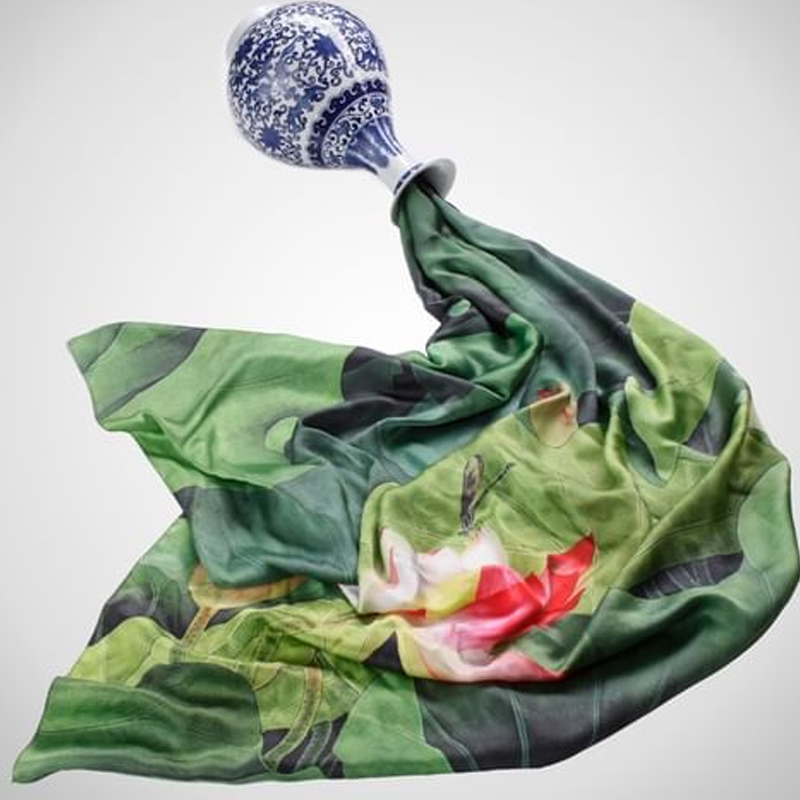
Staying Ahead of Fashion Trends: Insights from Hangzhou’s Silk Industry
Hangzhou’s silk market is not just a reflection of current fashion trends; it’s often a predictor of what’s to come. To stay ahead of the curve:
- Attend local silk fashion shows and exhibitions.
- Engage with designers and suppliers about upcoming seasonal collections.
- Follow Chinese social media platforms for real-time trend insights.
- Consider the influence of traditional Chinese aesthetics on global fashion.
Remember, trends in silk often transcend seasons, focusing more on timeless elegance and innovative applications of this versatile fabric.
Your Next Steps: Turning Silk Market Knowledge into Business Success
As we wrap up our journey through the Hangzhou Silk Market, you’re now equipped with insider knowledge to navigate this vibrant world of textiles. Whether you’re looking to start a silk-based business or enhance your existing operations, the opportunities are endless.
For those considering Chinese factories as a valuable support for your business, remember that sourcing can be complex. That’s where we at BuyFromChinaDirect come in. We specialize in helping businesses like yours source smarter, leveraging our extensive network and expertise in the Chinese market, including the silk industry.
By partnering with us, you can:
- Access a curated network of reputable silk suppliers
- Navigate quality control and export procedures with ease
- Stay updated on the latest trends and innovations in silk production
- Optimize your sourcing strategy for better margins and product quality
Don’t let language barriers or complex market dynamics hold you back. Let’s work together to turn the rich potential of Hangzhou’s silk market into tangible success for your business. Contact BuyFromChinaDirect today, and let’s weave your silk success story together!




